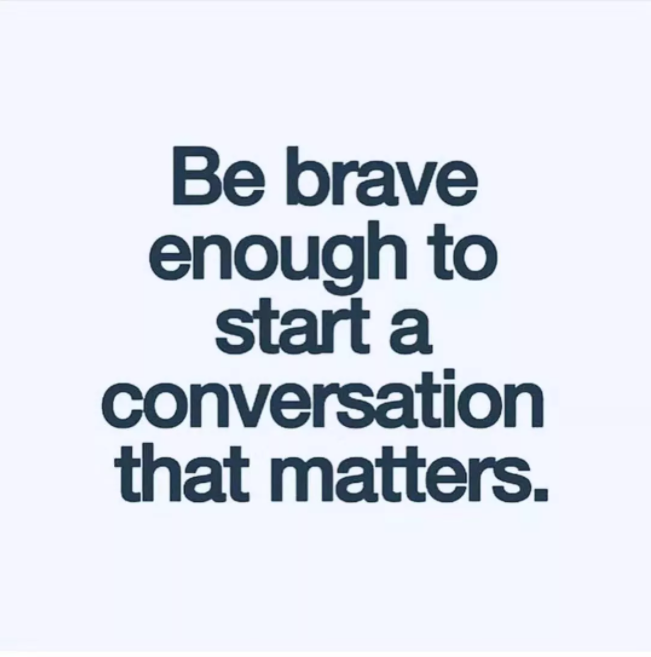
Lifeline is very grateful to be able to share this powerful and incredibly honest article written by an amazing woman with lived experience of mental illness.
It is a call to action to all of us to talk about mental health, our own struggles and to support others in taking the time to really listen. Together, through sharing our stories, we can continue to fight the stigma in talking about mental health.
I am a female expat living my sixth year in China. I’m a business owner. I’ve also struggled with depression, anxiety and PTSD for most of my life. And some days I find myself struggling to get out of bed and convince myself that this life is worth living.
Most days I have to remind myself how thankful I should be. Unlike many others, I’m fortunate to be able-bodied, able-minded, and those two things are gifts I should be grateful for. I smile at myself in the mirror on some mornings until I just feel silly enough to move on with my day.
After the loss of three friends to depression in the past four months, it brings back the terrible day I lost my brother in 2011 in my hometown. I remember the way the sun felt on my skin that day, the smell of the air, sitting on a rooftop in Minneapolis with two friends, telling them how my brother was struggling and I felt he was suicidal. One friend said, “Wow, that’s really scary.” I replied, “He’ll be okay. He has three daughters. He won’t do anything stupid.” Three hours later I got the call that he was gone.
Moving to China two years after my brother took his own life was a huge challenge I welcomed. It gave me a distraction from the past year of grieving. But it also brought exceptional challenges I wasn’t prepared for. I was on medication for my own depression and I couldn’t afford it. I weaned myself off. I didn’t sleep for days, I cried uncontrollably for a good two weeks. On top of that, I felt a loneliness I hadn’t experienced before. And I was fighting to find my place in a whole new community in a whole new country.
Eventually I found my niche but after my fifth year in China, a deep depression hit me. I started to become much more aware that no one here really knows anyone, who they are, or what they’ve been through before they met in China. Who do we turn to when things get really bad? I started to think, “If something happened to me and I ended up in the hospital, who would visit me?” What we need to remind ourselves is that many people are going through or have gone through the same feelings, thoughts, and experiences. We need to speak up, speak out, and share. We are not alone, although we may feel like we are.
This is how it’s understandable that many people don’t want to expose their mental illnesses. Showing any vulnerability may appear weak, cowardly, or burdensome. But if you’re battling your own thoughts constantly, let me tell you, you are anything but weak or burdensome. If you had cancer, would you be afraid to tell your closest friends? Would you feel ashamed? A burden? Because that’s what mental illness is: it’s a mental cancer. An illness that you cannot fix yourself, that you need professional help to heal.
My personal experience with depression has been an ongoing battle that I rarely let anyone see. I feel a pressure to keep up an ‘image’ of being a strong, feisty businesswoman. Fortunately, because of years of experience, I am self-aware enough to know that when my suicidal thoughts become overwhelming, it’s time to get help. Recently these thoughts intensified. I felt hopeless, overworked, like I wasn’t worth anything or having a purpose. I wasn’t GOING to do it. But I THOUGHT about it. I knew it was time I reached out to one of the few trusted friends I’ve made in China.
By sharing our thoughts and feelings, we relieve the burden. We have to know that when we share them with the people we know love us, it doesn’t mean we are burdening the other person. Ask yourself if you would feel burdened if your friend or family member needed help. Maybe you think that person won’t understand what you’re going through. And maybe they won’t. But by sharing out loud, it creates a discussion that needs to take place. For everyone’s sake.
I get that sometimes it’s harder for men to discuss these things with other men, but I guarantee there are more men that share these same struggles than we realize. If you’re struggling and you tell your buddy, you may realize he’s had the same thoughts and feelings. Empathy is more common than any of us realize. You just need to voice it.
It appalls me every time I get news that someone has taken their own life. It saddens me to no end to know that another family and group of loved ones have to experience what me and my family and my brother’s friends have had to go through. It frustrates me that there are limited mental health resources in China. It makes me angry that we aren’t talking more and being honest with ourselves and each other. It breaks my heart that mental health issues are still a stigma.
How do we destroy the stigma of mental health? Talk about it. Share it. Offer resources. Write about it. And most importantly: LISTEN. Put aside the “I’m busy” attitudes and sincerely ask others “How are you?” and take time to pay attention. The more we share, the more others who are suffering will feel comfortable.



